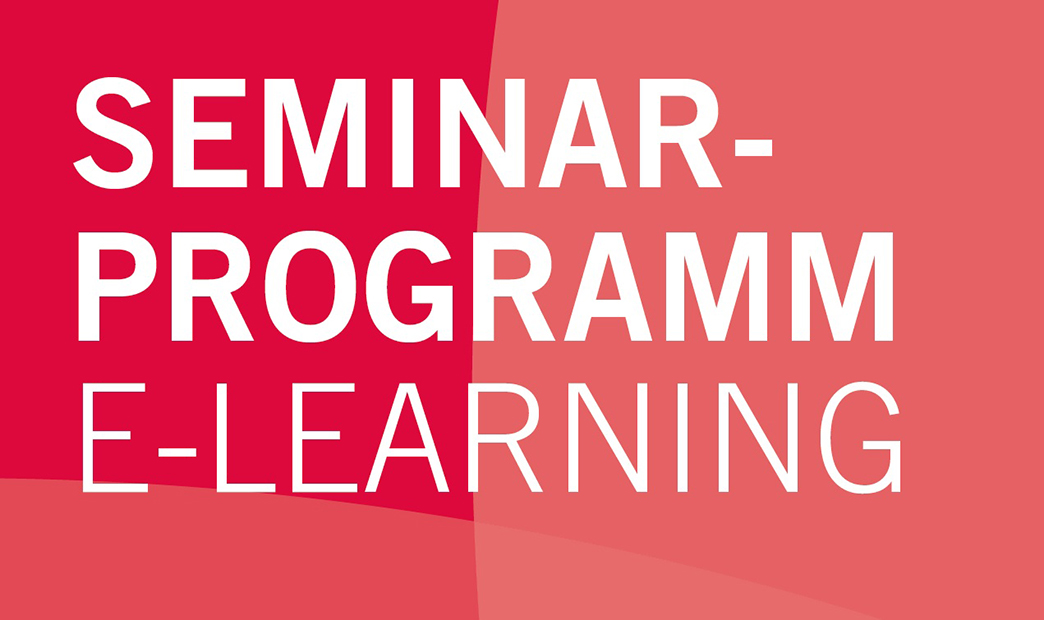Digital Humanities
Overview/Introduction
Courses from MOOC
Publications
Useful Weblinks
Digital Humanities
Overview/Introduction
The digital humanities, also known as humanities computing, is a field of study, research, teaching, and invention concerned with the intersection of computing and the disciplines of the humanities. It is methodological by nature and interdisciplinary in scope. It involves investigation, analysis, synthesis and presentation of information in electronic form. It studies how these media affect the disciplines in which they are used, and what these disciplines have to contribute to our knowledge of computing (Kirschenbaum, 2010).
Benefits of Digital humanities
- Integration of qualitative and quantitative approaches. You can present and interlink digitized text, images, and time-based media with maps, timelines, data, and visualizations.
- Content management and data analysis. You can mine, map and re-organize the resources – whatever you need to uncover trends, themes, and key learnings.
- Quicker access to information through digital access. This means more people can review, see, and learn from the project. You are also able to more easily search through the data, combine different data sources, hyperlink to relevant background materials, and more.
- Enhanced teaching. Digital Humanities helps students learn by being able to see more, experience more, and collaborate together.
- Improved collaboration. Digital resources and environments can provide a common plaform for project development and group-sourcing of materials, and facilitate local, regional and global partnerships.
- Public impact. The projects extend beyond the classroom and make a public impact. Not only does this help show the value of the study of Humanities, but digital projects can also help inform and engage those outside the university setting.
Keywords: Digital humanities, digital computing, open access, research data, digital editions, digitalization, TEI, XML, cloud computing, machine learning, repository, data management, web-based annotation, web-bases transcription, web tools, content analysis, corpus-based analysis, linguistics, history, music, art history
Courses from MOOC
Coursera
- Sprachtechnologie in den Digital Humanities: https://www.coursera.org/learn/digital-humanities
edX
- Introduction to Digital Humanities: https://www.edx.org/course/introduction-to-digital-humanities
- Digital Culture/clutter: Life and Death on the Net: https://www.edx.org/course/digital-cultureclutter-life-and-death-on-the-net-2
OpenHPI
- Code of Life - When Computer Science Meets Genetics: https://open.hpi.de/courses/ehealth2016
Future Learn
- Building Human Connection in a Digital World: https://www.futurelearn.com/courses/building-human-connection-in-a-digital-world
Open Learn
- Digital Humanities: Humanities research in the digital age: https://www.open.edu/openlearn/history-the-arts/digital-humanities-humanities-research-the-digital-age/content-section-overview
MIT open courseware
- Digital Humanities: https://ocw.mit.edu/courses/comparative-media-studies-writing/cms-633-digital-humanities-spring-2015/
Publications
Books
Doing Digital Humanities: Practice, Training, Research. By Constance Crompton, Richard J Lane, Ray Siemens. Link here
The Emergence of the Digital Humanities. By Steven E. Jones. Link here
Digital_Humanities. By Anne Burdick, Johanna Drucker, Peter Lunenfeld, Todd Presner, Jeffrey Schnapp. Link here
Understanding Digital Humanities. By D. Berry. Link here
The Digital Humanities Coursebook. An Introduction to Digital Methods for Research and Scholarship. By Johanna Drucker. https://www.routledge.com/The-Digital-Humanities-Coursebook-An-Introduction-to-Digital-Methods-for/Drucker/p/book/9780367565756
Newspaper and journal articles
USC News in Digital Humanities. https://news.usc.edu/tag/digital-humanities/
Cambridge Digital Humanities. https://www.cdh.cam.ac.uk/news
MIT News Digital Humanities. https://news.mit.edu/topic/digital-humanities?type=1
The Meaning of the Digital Humanities. Liu (2013). https://www.jstor.org/stable/23489068
Frontiers in Digital Humanities. https://www.frontiersin.org/journals/digital-humanities
What Is Digital Humanities and What’s It Doing in English Departments? https://mkirschenbaum.files.wordpress.com/2011/01/kirschenbaum_ade150.pdf
Useful Weblinks
DHd - "Digital Humanities im deutschsprachigen Raum"
https://dig-hum.de/
European Association for Digital Humanities (EADH)
https://eadh.org/
Digital Research Infrastructure for the Arts and Humanities (DARIAH)
https://www.dariah.eu/
CLARIN-D (digital infrastructure for language and speech resources for the Humanities and Social Sciences)
https://www.clarin-d.net/en/
Study Digital Humanities: All you need to know: https://www.study.eu/article/study-digital-humanities
Debates in the Digital Humanities: https://dhdebates.gc.cuny.edu/projects/debates-in-the-digital-humanities
Digital Humanities At Duke University Libraries: https://guides.library.duke.edu/digital_humanities
What are the digital humanities? https://www.thebritishacademy.ac.uk/blog/what-are-digital-humanities/
The New Wave in Digital Humanities. https://www.insidehighered.com/digital-learning/article/2017/08/02/rising-stars-digital-humanities



